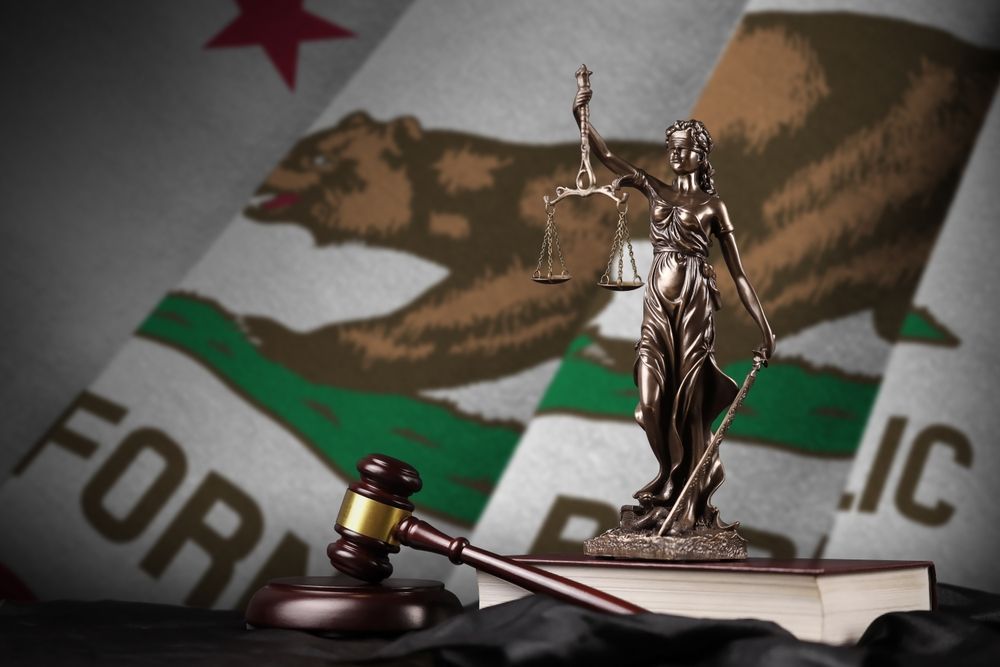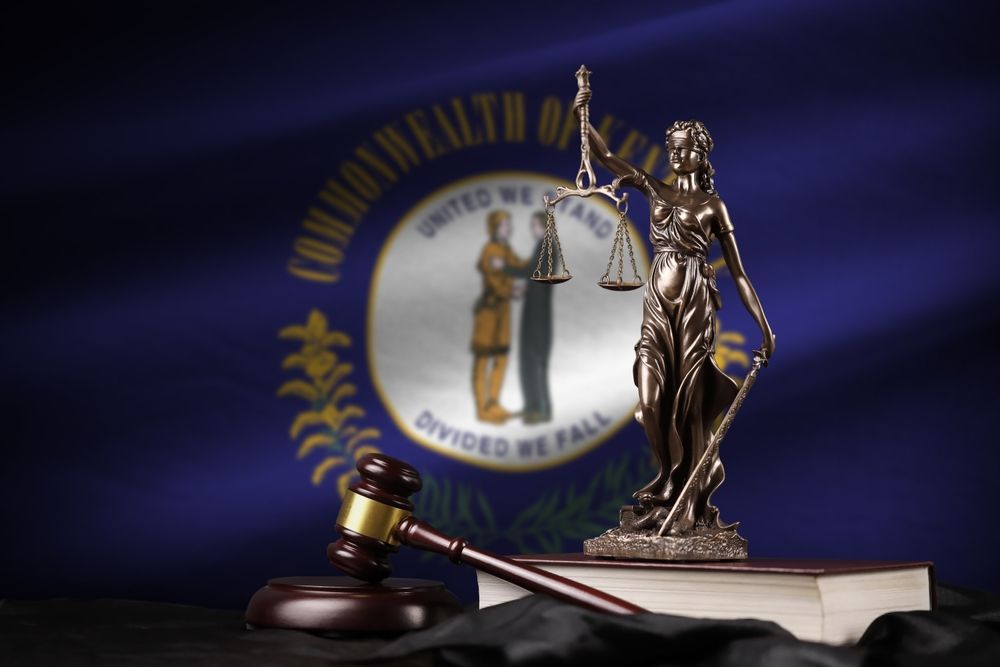Written by: Eagle Eye Screening Solutions

Key Takeaways
- The city of Los Angeles has a Fair Chance Initiative for Hiring Ordinance (FCIHO). This is a “Ban the Box” regulation, similar to those that now exist in other jurisdictions, and it limits how employers may ask candidates about criminal history, when they may conduct background checks and what they may do with the information.
- Nationwide, the trend is toward stricter regulation regarding criminal background checks, so employers and CRAs need to understand this law and related laws and adjust their practices to comply.
What is FCIHO?
The Los Angeles city Fair Chance Initiative is an ordinance intended to give former criminal offenders better employment opportunities by restricting how employers can ask about and consider a criminal past in hiring decisions. It applies to private employers and city contractors. The ordinance has been in place since 2017.
Initiatives such as FCIHO are often called “Ban the Box” laws, in reference to the checkbox on some job application forms asking whether the applicant has a criminal record.
Los Angeles sees FCIHO not only as a benefit for ex-offenders but also in the public interest. Former offenders who are employed are less prone to recidivism and less likely to require the support of public services.
Some of the provisions of FCIHO are:
- All job advertising must include a statement of compliance with FCIHO.
- Employers may not ask about a criminal record on a job application or in an initial interview.
- Employers may not order a criminal background check until they have made a conditional job offer.
- Convictions are the only type of criminal record employers may consider in a background review. They may not rescind a job offer based on arrests that did not result in conviction.
- Employers must evaluate convictions on a case-by-case basis. They may not rescind the job offer unless the offense creates a risk for the specific job in question or a general risk in the workplace. They must consider the nature and gravity of the offense as well as how much time has elapsed.

- If the employer decides to take adverse action and rescind the employment offer, they must produce written documentation which includes an individualized assessment of the candidate.
- The applicant has the right to rebut a negative appraisal with suitable evidence, including employment history, evidence of rehabilitation and personal references.
What is LA County's Fair Chance Hiring Initiative?
Los Angeles County has also launched an initiative to encourage businesses to adopt fair hiring practices and give former offenders a better chance to compete for jobs. The effort is similar to and has the same intent as the FCIHO of the City of Los Angeles. The ordinance prohibits private employers and city contractors from including inquiries into an applicant’s criminal history.
It should be noted that nothing in Los Angeles City or County bans the use of criminal background checks or prevents an employer from rejecting a candidate based on a criminal conviction. Ordinances do, however, restrict when in the process an employer can order such a check, and they set limits about how an employer may refuse to hire.
How Does FCIHO Affect CRAs?
FCIHO regulations apply to companies that actually do hiring as opposed to organizations like CRAs that conduct background checks at an employer’s behest. CRAs are not directly affected because they don’t request background checks or decide whether to hire.
However, it’s important for CRAs to understand ever-evolving regulations, in Los Angeles and elsewhere, and how they affect what employers can and cannot do. The best CRAs add value by advising the employers who engage them on when and how to order criminal records searches. It’s an increasing challenge for employers, especially those that hire in multiple jurisdictions, to exclude potentially dangerous employees while complying with the assortment of federal, state and local laws. It helps when a knowledgeable CRA can assist employers in this.
California Background Check Laws

Since 2018, California has had Fair Chance legislation similar to Los Angeles’ FCIHO. This law also bans asking about criminal history before extending a tentative job offer. It also limits what criminal history an employer may consider and how they may consider it. It lays out the steps that an employer must take if they decide on adverse action based on a background investigation.
California expanded its Fair Chance Act in 2023. The new legislation extends the scope of who is considered an employer and an employee. Companies with employees working in Los Angeles must comply with both Los Angeles and California fair chance provision, including details around the documentation that they must provide the applicant.
California limits what a CRA may provide an employer in a background check. No report may contain an arrest, indictment or complaint that did not result in a conviction. Convictions more than seven years old may not be listed. The California legislature often proposes and debates even more restrictive Fair Chance laws.
There are other California regulations that make background searches a challenge in that state. Due to a 2022 court decision, date of birth has been redacted from criminal records that are available online. CRAs can no longer use DOB as a search field in their California online processes. Driver license numbers have been removed from the searchable databases as well.
In many cases, a person’s name is the only identifier that can be used to search. Very few names are unique, so a physical visit to the courthouse will often be required to validate that a particular criminal record actually applies to the person being investigated.
Bottom Line
The Los Angeles FCIHO restricts employers from asking a candidate about criminal history. Employers may not order a background check until they have made a conditional offer of employment. There are limits to how they may use criminal history to rescind the job offer and processes they must follow if they do rescind. Los Angeles employers are subject to California law, which mandates similar rules around hiring and criminal records. In addition, California has removed data such as DOB from online court records, requiring extra effort for CRAs that do background checks.
In Los Angeles and throughout the nation, there is a
trend toward more regulation concerning hiring and criminal background searches. It’s an ongoing challenge to continue to provide effective yet compliant background reports. CRAs can turn to Eagle Eye Screening Services as a wholesale background search provider. We keep abreast of the latest changes in all jurisdictions, and we have the resources to provide thorough and legal searches of courtroom records throughout the nation.




